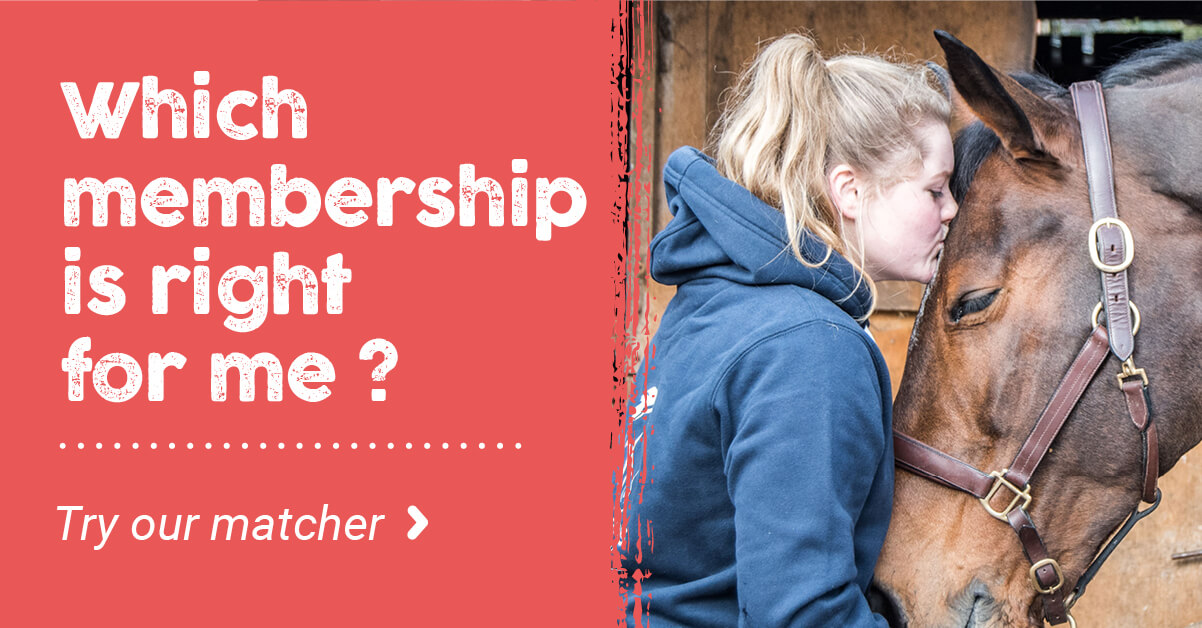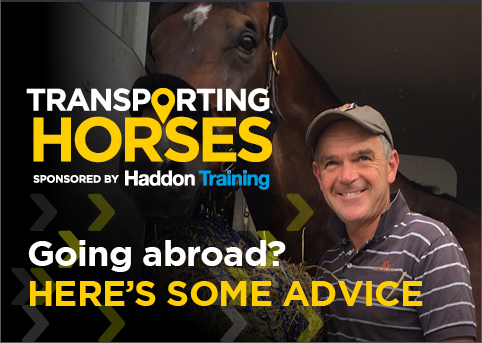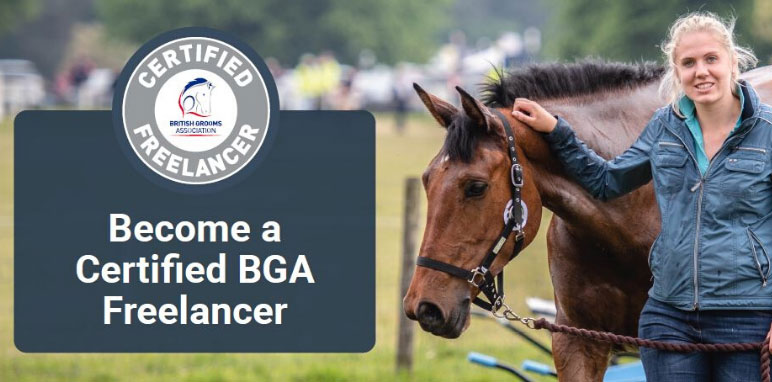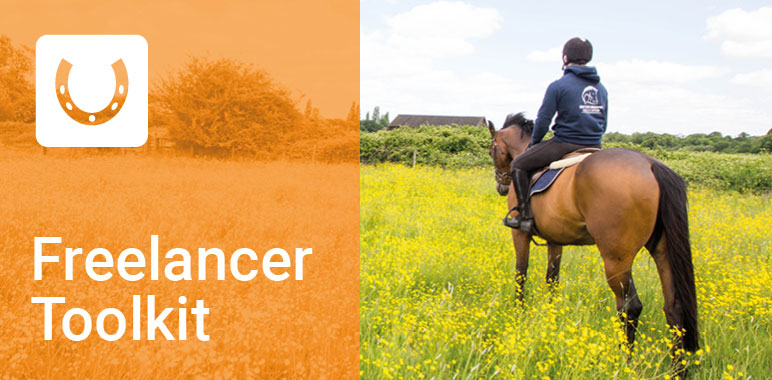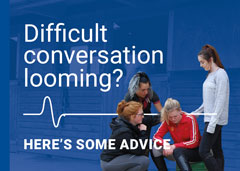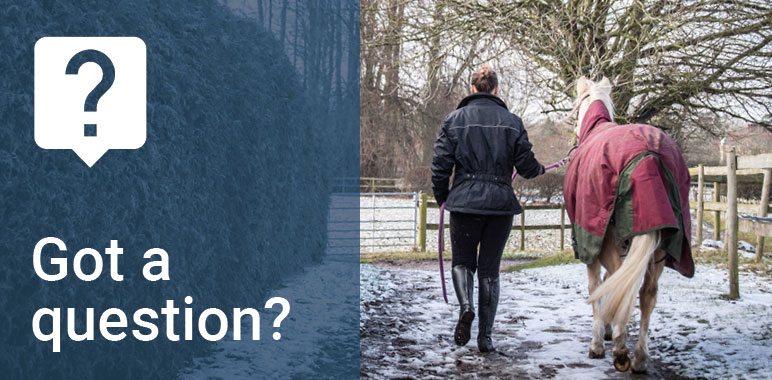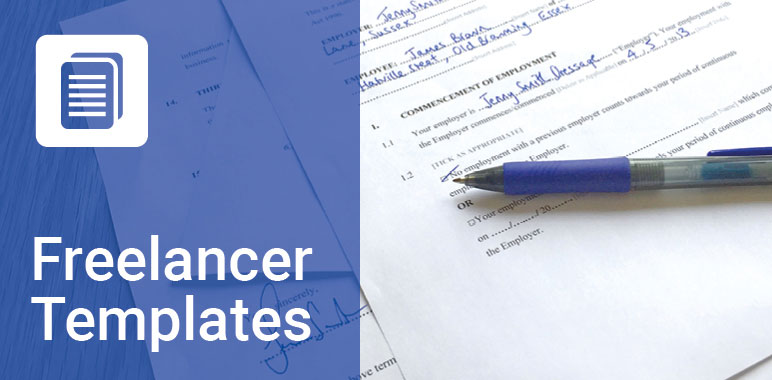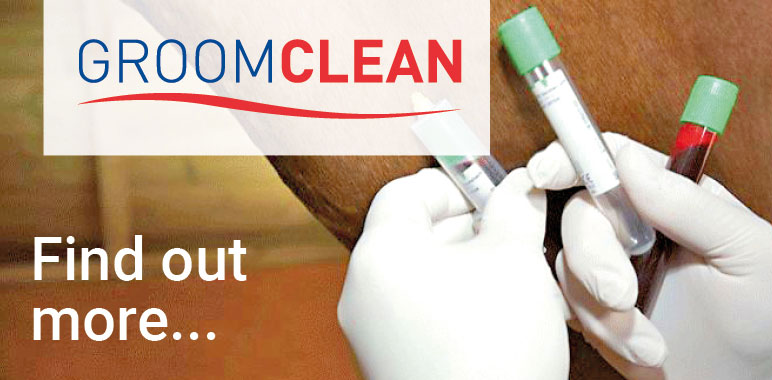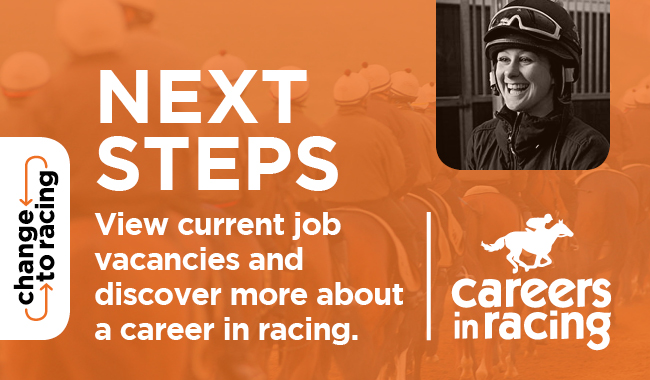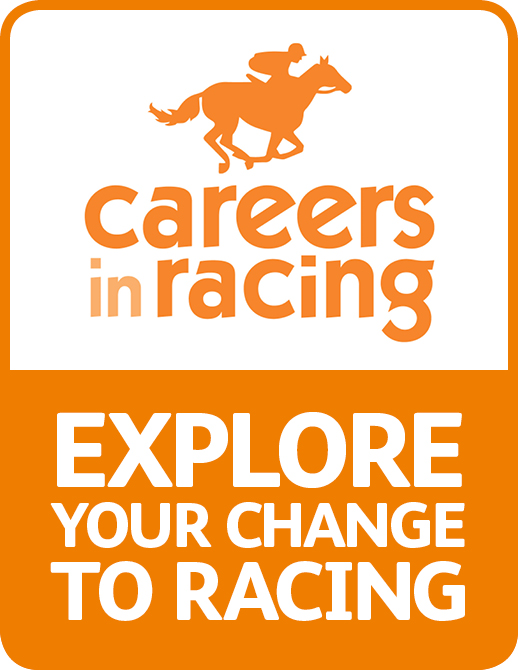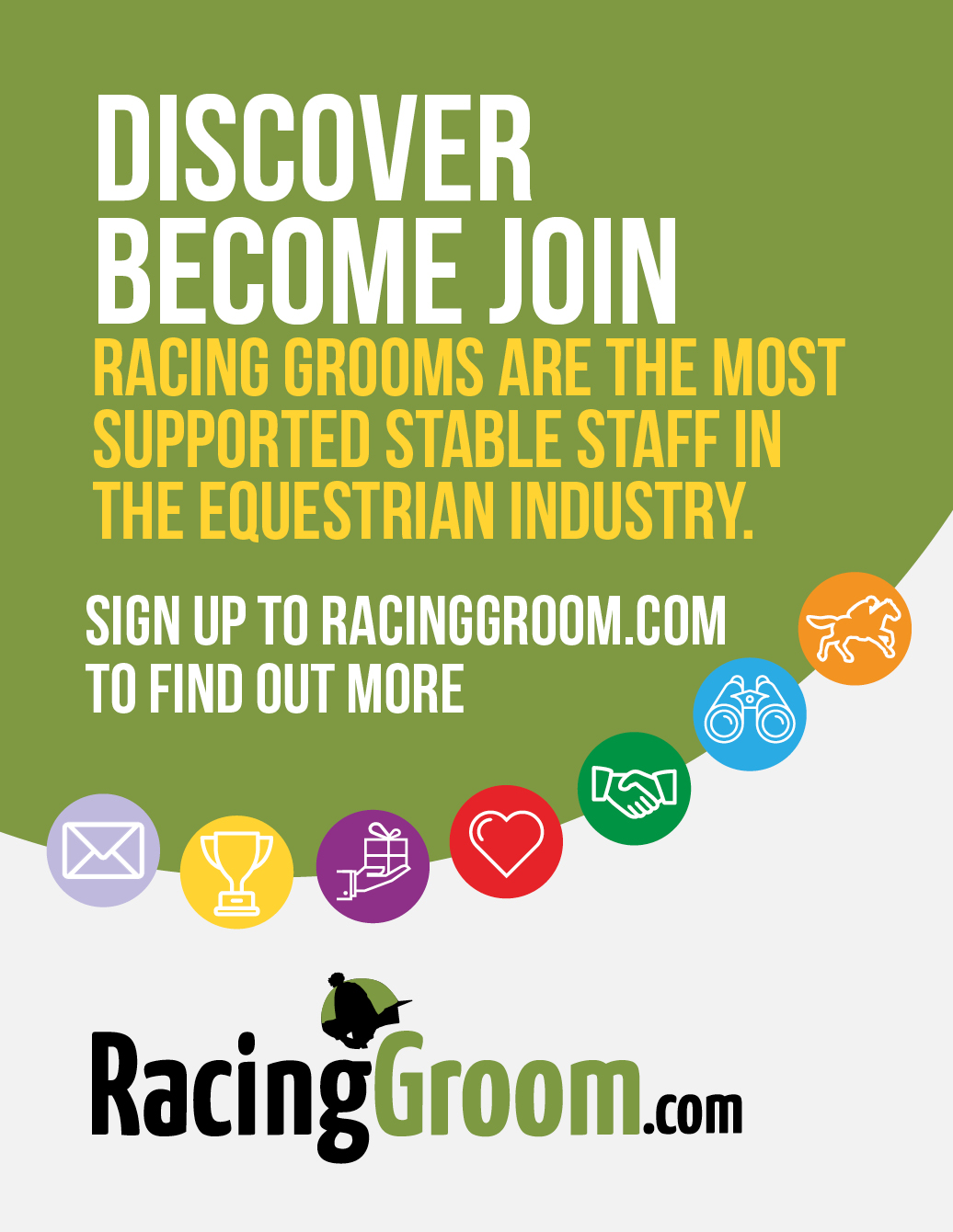- Join Now
- Login
- Member Zone
- Your Career
- Freelancing
- International Grooms Association
- BGA Training
- Healthy Yard Healthy Horses
- Transporting horses
- Brexit
- Safe workplace
- Student Zone
- Member Discounts
- BG Magazine
- Member services
- Training & Careers
- BGA CV Creator
- Horse groom training
- Where to Train
- BGA E Learning
- Career choices
- Change to Racing
- First Aid training for grooms
- Parents
- Grooms Jobs
- Grooms Life
- About
- News
- Contact

I can't make the change... or can I?
Do you think you have to be short and lightweight to work in horseracing and have lots of racing experience?
Below we answer common misconceptions about working in the sport of horseracing...
I am too tall to work in racingThere is no height limit for riding racehorses, to ride racehorses there is a weight limit for the welfare of the racehorses but height is unrestricted. |
|
You have to be able to ride a horse to work in racingWhilst having previous riding experience is beneficial, it is by no means essential. Many apprenticeship students have no riding or horse handling experience as all of this is taught during the apprenticeship. There are also many other jobs in the racing industry which are office based, so no horse handling or riding skills are required. |
|
Working in horseracing offers limited career progressionThe horseracing industry offers a wide variety of job roles at varying levels, there are entry points for apprentices and graduates as well as a postgraduate MBA degree. Through Racing Welfare’s Careers Advice and Training Service and BHA’s Careersinracing Team, careers advice and support is available for all those working in the industry. |
|
I have to have experience to work in HorseracingApprenticeships are a common route into the horseracing industry for young people and require no previous horse riding or handling experience. There are apprenticeships on offer in both the racing and breeding sides through the National Horseracing College, National Stud, The British Racing School and Haddon Training. |
|
I don't want to be a jockey, so working in racing is not for meThere are such a variety of careers on offer in the horseracing industry that there really is something for everyone. There are both practical roles working directly with horses and commercial/business roles at racecourses and racing authority's. |
|
Working with horses is poorly paidHorseracing is the only equestrian discipline to have a wage agreement in place for Stable Staff. Other benefits include a pension scheme, RIABS insurance and pool money. |
What the personal accident policy covers you for:
- Whilst at work
- All stable duties – mucking out, grooming, washing off, turning out
- Clipping
- Riding – including hacking and jumping
- Hunting
- Lunging
- Breaking in
- Holding horse for a vet and other procedures
- Travelling horses both in the UK and abroad
- Competing in line with your job including: jumping, dressage, eventing
- Injuries that may happen to you whilst you are teaching - but you must also be grooming as part of your duties and not be a sole instructor
What the personal accident policy doesn’t cover you for:
- Riding in a race, point to point or team chase
- Stunt Riding
- Accidents occurring whilst travelling to and from work
- Riding and competing your own horse (but you can upgrade when applying for membership to include this)
- Public Liability – this is a separate insurance policy - the Freelance Groom Liability Insurance
- Care Custody and Control – this is a separate policy - the Freelance Groom Liability Insurance
If you require additional cover then please contact KBIS directly.
| GROOM | RIDER | EMPLOYER | |
|
When you are working for other people you do most of the following; muck out, turn out/catch in, tack up, groom horses, exercise Horses (including hacking, jumping and schooling), in the care of your employer/client. |
|
|
|
| Predominantly ride horses for other people including schooling, exercising and competing. | NO |
YES |
YES |
| Provide grooming services for someone else either full time or on a freelance basis i.e. an employer or a client. | YES |
NO |
NO |
| Employ staff – have an employers liability policy in your name | NO | NO | YES |
| Buy and sell horses | NO | YES | YES |


